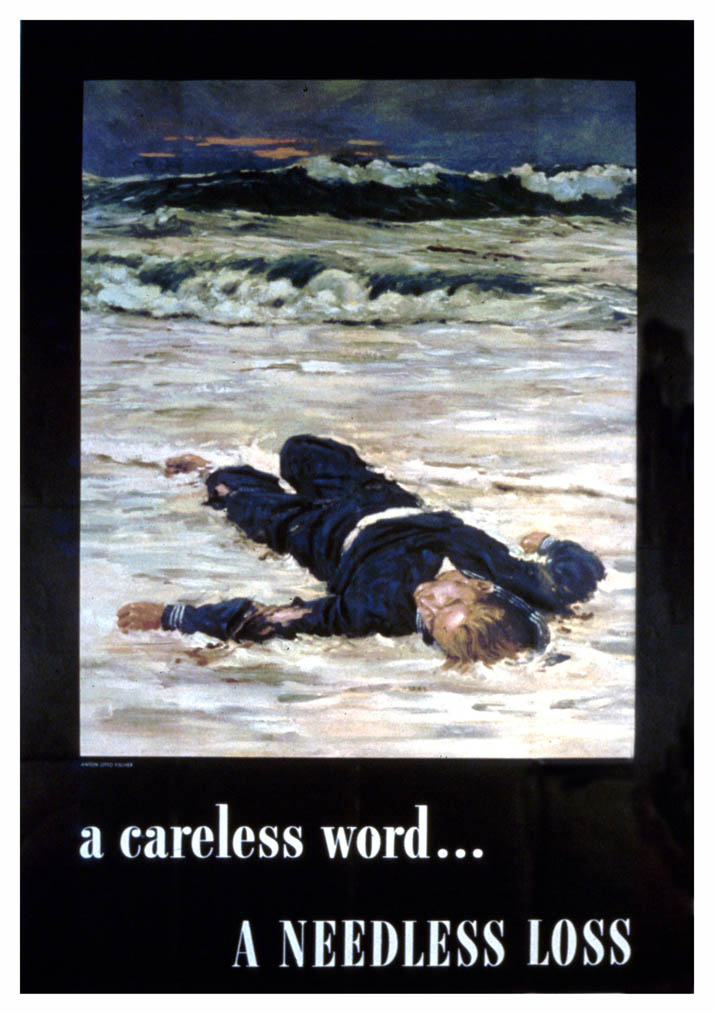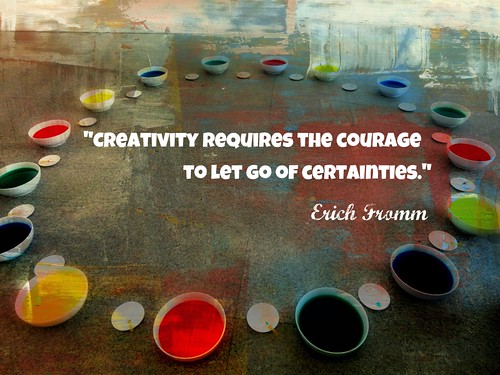Today is Herman Melville’s birthday (1 August 1819 – 28 September 1891), so let’s unpack a Melville quote:
It is better to fail in originality, than to succeed in imitation. He who has never failed somewhere, that man cannot be great. Failure is the true test of greatness.
Most of us fail at something or other before we find something we do well, and most of us will not achieve “greatness” no matter how often we fail and try again.
And “better” in this case is definitely a value judgment.
Since Melville was a writer let’s examine this quote as it relates to the literary world, where it is plainly possible to “succeed in imitation.” We have plenty of writers who have found great success presenting essentially the same stories as someone else, and no shortage of others who continue to do so in search of their own success. The authors bring something of their own viewpoints and voices to the stories, but the common term is “filing off the serial numbers” to make it a bit less obvious that our fantasy story is essentially a repackaging of Tolkien or Rowling, or our science fiction story is a direct descendent of Heinlein or Bujold or Niven or some other famous author.
It’s not too surprising that this is the case. Authors continue to produce Tolkien-esque fantasy stories because the audience has yet to tire of them. From military science fiction to urban fantasy, space adventure to steampunk, the audience yearns for more — so much that authors who have not been able to break in with publishing companies have found their own fans through self-publishing. And if their fans feel they receive good value for their entertainment dollars, then that’s all that matters; after all, if being original means starving, then succeeding by being imitative isn’t all that bad. (We might even disagree with Melville and say that really is better.)
Yet success is not guaranteed, even when imitating examples of success.
Authors and publishers often do not know what story will resonate with a large audience, but that is especially true when it comes to more original stories — ones that are difficult to categorize into existing genre niches. Some works are so original that they define entire new subgenres, but they still have to be good enough (for whatever the audience considers “good”) beyond just being original in order to attract an audience.
But Melville refers to greatness, and I like to work backward from there. The authors we consider “great,” even if they were not pathfinders of their genres, produced work that hums with originality in some respect: depth of detail that puts us firmly in the setting and the story; emotional power that elicits deep sympathy for the characters; pacing and action that set our hearts to racing; all these and more elevate their work from entertaining to spectacular. Did the authors we consider “great” risk failure, or even endure failure, on the way to creating their monumental stories? I think they did, particularly when those stories were fresh and original compared to other things being produced at the time.

Are you striving for anything great? (Image: “Failure” by Andrea Small, from Flickr under Creative Commons.)
It may be, however, that they were not trying for greatness. Indeed, it may not be wise to strive for greatness when striving for success is hard enough. Greatness will be determined by history, by whether our stories continue to resonate down through time — but that doesn’t help us very much in the here and now.
Here and now, every writer risks failure with every story they start. It seems safe to say that writing a story that lasts, that impacts generations, involves taking more risk than writing a story very much like another. And even when taking only moderate risks some writers will fail more often, or more spectacularly, than others — but that’s true of every human endeavor.
What about you? How have you failed, and what have you learned from your failures? Don’t let it hinder you too much; remember, Melville considered failure the true test of greatness.
Keep striving!



 by
by 












